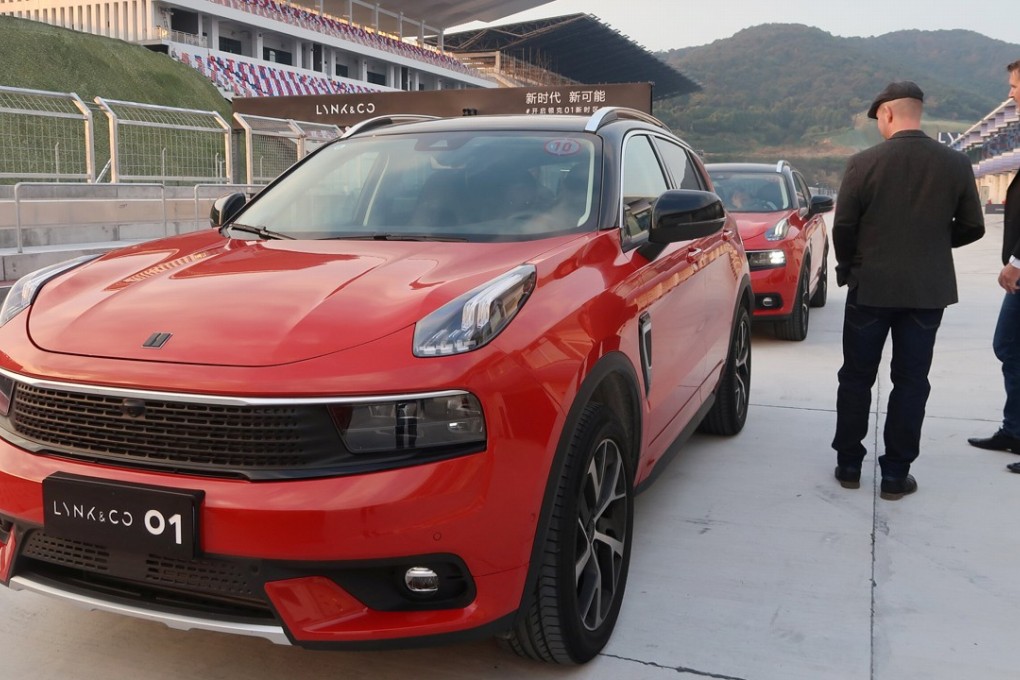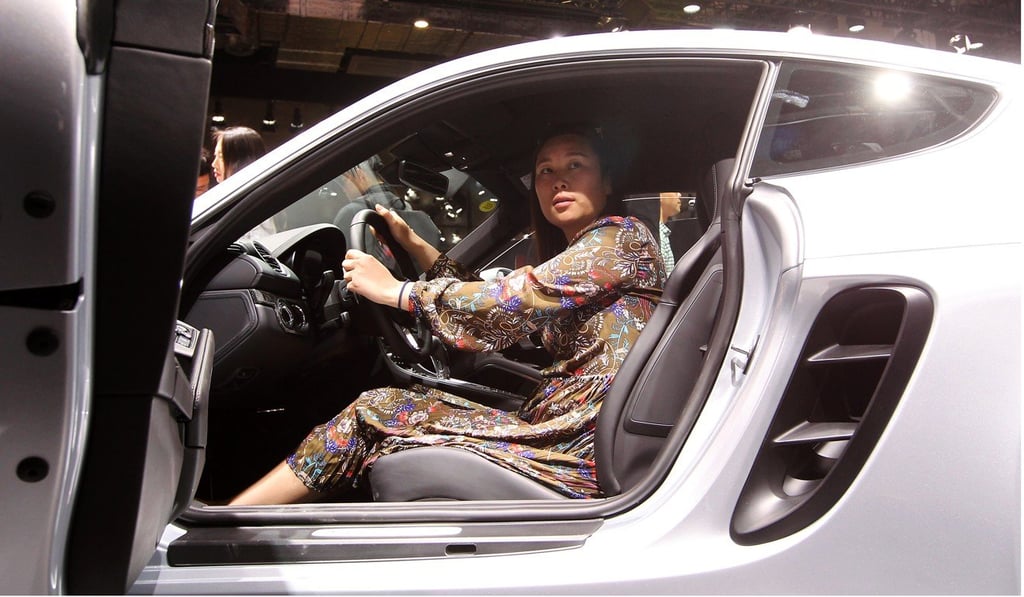Review: it ain’t no Porsche but Lynk’s debut 01 SUV is a sure-footed offering
The model does not feel like the usual Chinese car made to world market standards, it’s more like a European car that happens to be made in China

The first offering from Chinese carmaker Lynk & Co, a joint venture between Sweden’s Volvo and parent group Geely, does not feel like the usual Chinese car made to world market standards: in the 01 sports utility vehicle (SUV) you feel as if you’re in a European car that happens to be made in China.
The 01 – Lynk is simply going to use a number order for its models – panders to China’s taste for all things SUV. Unlike the myriad of generic Chinese off-roader wannabes, the 01 looks genuinely different, particularly at the front, thanks to the high-mounted running lights and the dip in the bonnet between the two longitudinal rakes.
Inside materials are on par with any of the volume European producers, although surprisingly the plastics don’t seem as soft to the touch as on Geely’s own GC9 model. Dominating the dashboard is the 10.2 inch touch screen controlling most of the functions on the car, including the seat warming on our Pro specification test model. Underneath is a wireless phone charging pad sure to appeal to the permanently connected young target audience. Lynk also throws in free lifetime connectivity for the car.
Thanks to a panoramic sunroof the car’s cabin is light, and in the back it is spacious with good head and legroom. Rear passengers benefit from two USB chargers, while airline-style ceiling lights give a premium feel. The electric opening boot is capacious with solid-feeling sides. Between the floor and spare tyre is a secret storage space.

Currently the 01 only comes with a derated Volvo 2.0 litre turbo engine in both front-wheel and all-wheel drive versions. Next year a three cylinder 1.5T, also from Volvo, will join the range. Given the company’s Blue Geely Initiative, whereby it aims to have 90 per cent of its sales comprised of new-energy vehicles by 2020, the choice of power is surprising. European sales, however, will begin with plug-in hybrids from the outset in late 2018.
